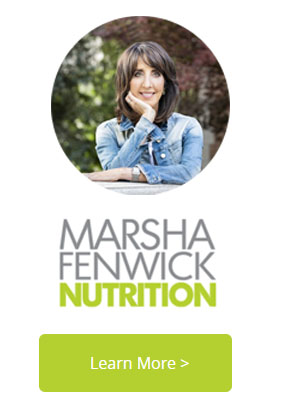Oat Milk 101
Non-dairy milk has been on the rise over the past few years, with endless options such as almond, hemp, cashew, soy, and more. There is a new dairy-free milk gaining popularity that I wanted to share with my readers if you haven’t heard of it already: oat milk. I was first introduced to an oat milk latte at my niece’s bakery, brodflour, and it was delicious! Some of you may have heard in the news lately that Starbucks will soon be offering it as a dairy substitute as well.
So what is oat milk?
Oat milk is made from steel-cut oats or whole groats that are soaked, blended, and strained. The liquid or ‘milk’ that remains contains nutrients from the oats. Oats absorb more water than nuts, which is why the texture of the milk is creamier than almond or cashew milk. It is an especially good alternative for those with nut allergies.
It is important to know that while oats are gluten-free in nature, they are often processed with other gluten-containing grains, similar to products that are nut-free but may contain traces of nuts. Always read the label to ensure if you are looking for gluten-free oats if needed.
What are the health benefits?
Compared to cow’s milk and soy milk, oat milk has less protein; however, it contains more protein than other plant-based beverages such as almond, cashew, and coconut milks. One cup of oat milk contains 4 grams of protein and 2 grams of fiber, the highest fibre content compared to the other milks as well. Other vitamins and minerals found in oak milk include: B vitamins, magnesium, manganese, phosphorous, zinc, and copper. While oat milk is higher in carbohydrates, it provides energy through its carbs and fiber as opposed to fat found in other nut milks.
Now, how do I incorporate oat milk into my diet?
The thicker consistency and slightly sweet flavour makes oat milk popular to drink. I personally have enjoyed it as a dairy alternative, as it adds a creamier texture to lattes and cappuccinos. It can also be used in smoothies, soups, and baking.
Next time you are at the grocery store, pick up some oat milk or make it yourself at home! Let me know your thoughts on this new beverage!
Marsha Fenwick, C.N.P. R.R.T.
Marsha is not your typical nutritionist. She began her career 20 years ago as a Registered Respiratory Therapist. Later, she earned her certifications as a Registered Nutritional Consultant Practitioner, Certified Nutritional Practitioner, and Registered Orthomolecular Health Practitioner. Marsha is also a Certified Cancer Coach. Her clinical practice specializes in: sustainable healthy weight loss, digestive health, women’s hormones, diabetes, heart health, and cancer prevention and recovery. For more information and to book a FREE 15 minute consultation go to Marsha Fenwick Nutrition.







